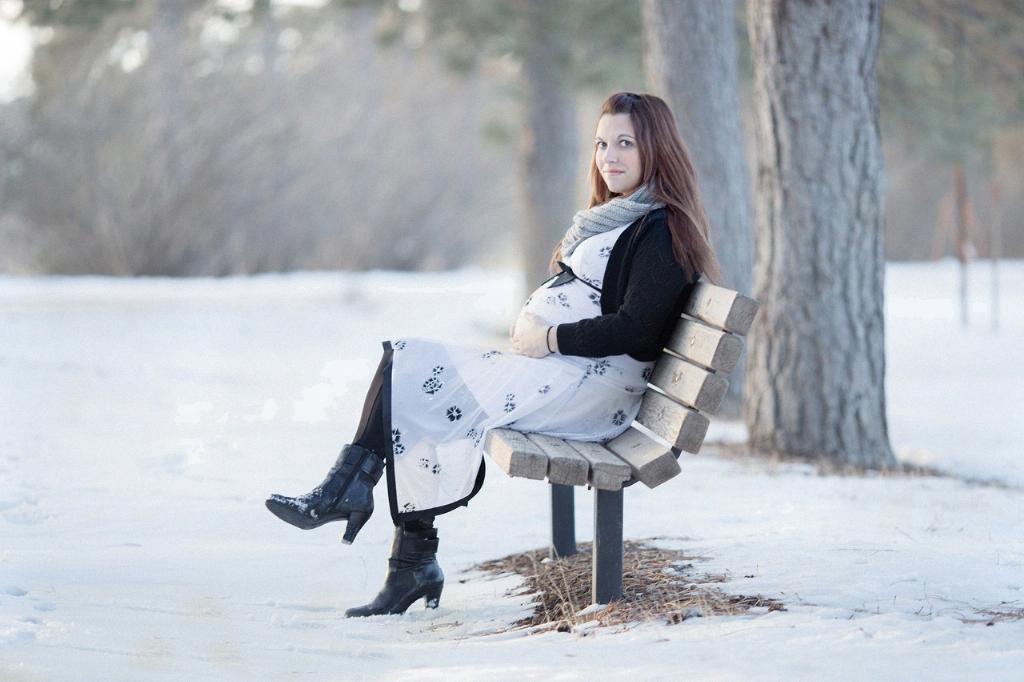Experiencing diarrhea during pregnancy, especially at 38 weeks, can be uncomfortable and concerning. It is essential to address this issue promptly to ensure your well-being and that of your baby. Diarrhea can be caused by various factors, such as hormonal changes, dietary habits, infections, or stress.
Stay Hydrated
One of the crucial steps in managing diarrhea during pregnancy is to stay hydrated. Diarrhea can lead to dehydration, which poses risks for both you and your baby. Make sure to drink plenty of fluids such as water, clear broths, or electrolyte-rich drinks to replenish lost fluids and prevent dehydration.
Follow a BRAT Diet
The BRAT diet (bananas, rice, applesauce, and toast) is often recommended for individuals experiencing digestive issues like diarrhea. These bland foods are gentle on the stomach and can help firm up stools. Incorporating BRAT foods into your diet may provide relief from diarrhea symptoms.
Include Probiotics
Probiotics are beneficial bacteria that can help restore balance in your gut flora. Adding probiotic-rich foods like yogurt or kefir to your diet may aid in regulating digestion and reducing diarrhea episodes. Consult with your healthcare provider before starting any new supplements during pregnancy.
Avoid Trigger Foods
Identifying and avoiding trigger foods that worsen your diarrhea is important. Spicy, greasy, or high-fiber foods can exacerbate digestive issues. Opt for easy-to-digest, low-fat foods to give your stomach a break and help alleviate diarrhea symptoms.
Practice Stress-Relief Techniques
Stress and anxiety can aggravate gastrointestinal problems, including diarrhea. Engage in relaxation techniques such as deep breathing, meditation, or prenatal yoga to reduce stress levels and promote overall well-being. Taking care of your mental health is equally important during pregnancy.
Rest and Prioritize Self-Care
Resting and prioritizing self-care are essential components of managing diarrhea during pregnancy. Listen to your body’s signals, and make time for adequate rest. Avoid overexertion and give yourself permission to focus on self-care activities that promote relaxation and comfort.
Consult Your Healthcare Provider
If your diarrhea persists for more than 2 to 3 days, or if it becomes severe, it is crucial to contact your healthcare provider. Persistent diarrhea can lead to dehydration, electrolyte imbalances, and potential pregnancy complications. Your doctor can assess your symptoms and provide tailored advice for managing diarrhea effectively.
Monitor Your Symptoms
Keep track of your diarrhea symptoms, including frequency, consistency, and associated discomfort. Monitoring your symptoms can help you identify patterns, triggers, and improvements over time. Communicate any changes or concerns with your healthcare provider for appropriate guidance.
Consider Over-the-Counter Options
In some cases, over-the-counter anti-diarrheal medications may be recommended by your healthcare provider to alleviate symptoms. However, it is essential to consult with your doctor before taking any medications during pregnancy to ensure their safety for you and your baby.
Stay Positive and Patient
Dealing with diarrhea during pregnancy can be challenging, but maintaining a positive outlook and practicing patience are key. Remember that this is a temporary situation, and with proper care and guidance, you can effectively manage your symptoms and focus on your well-being and that of your baby.
Final Thoughts
Overall, addressing diarrhea at 38 weeks pregnant requires a comprehensive approach that prioritizes hydration, dietary adjustments, stress management, and medical guidance when needed. By taking proactive steps to care for yourself and seeking appropriate support, you can navigate this temporary challenge with confidence and ensure a healthy pregnancy journey.

